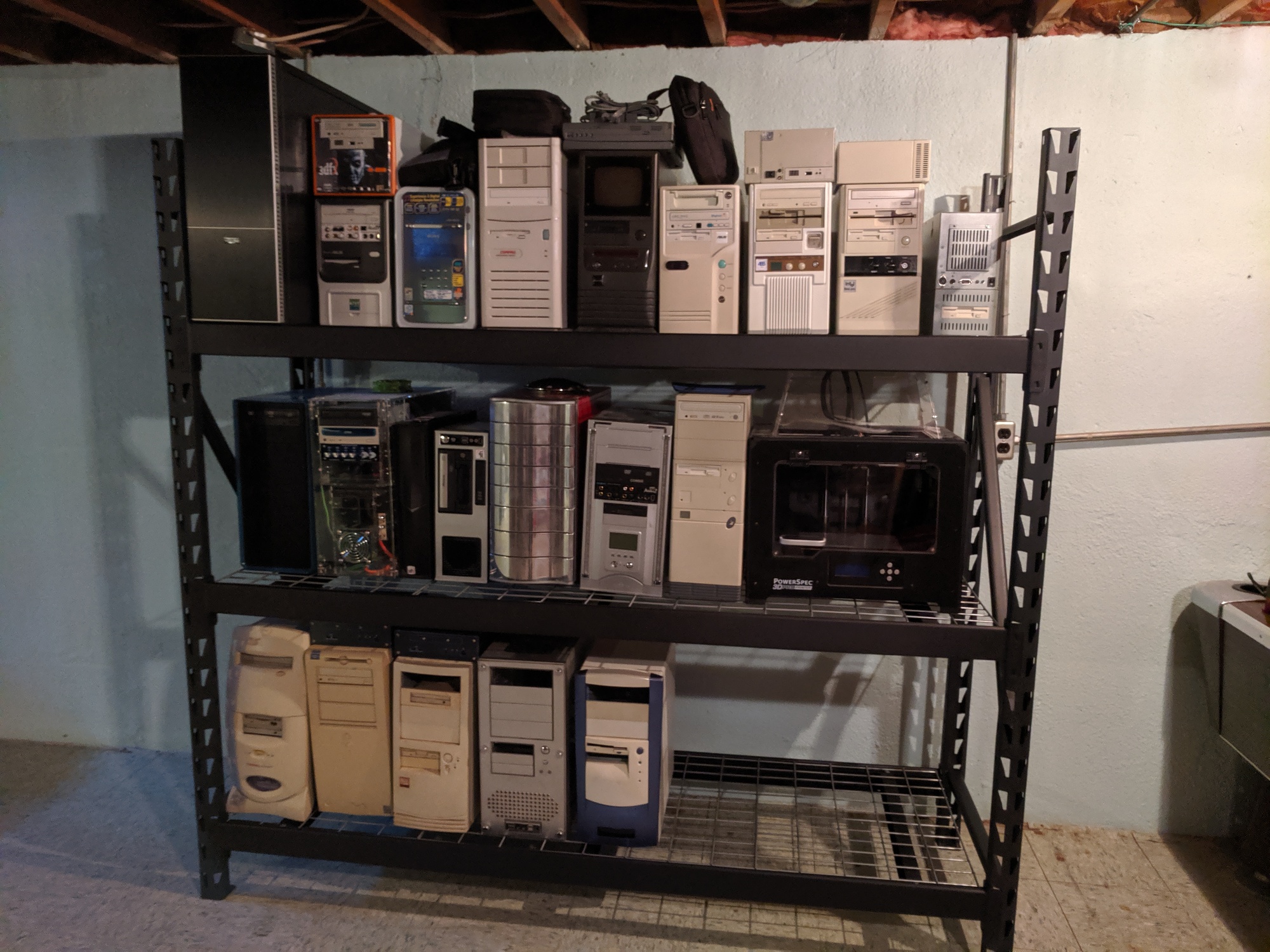SecretStash
Gawd
- Joined
- May 27, 2017
- Messages
- 684
Replaced by SSDs. Do you feel more safe now that the launch control systems have been updated? "Those floppy disks have now been retired. Despite the contention by the Air Force at the time of the 60 Minutes report that the archaic hardware offered a cybersecurity advantage".
![[H]ard|Forum](/styles/hardforum/xenforo/logo_dark.png)
